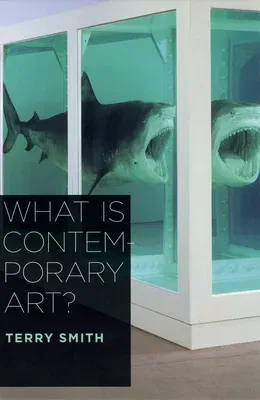Who gets to say what counts as contemporary art? Artists, critics,
curators, gallerists, auctioneers, collectors, or the public? Revealing
how all of these groups have shaped today's multifaceted definition,
Terry Smith brilliantly shows that an historical approach offers the
best answer to the question: What is Contemporary Art?
Smith argues that the most recognizable kind is characterized by a
return to mainstream modernism in the work of such artists as Richard
Serra and Gerhard Richter, as well as the retro-sensationalism of
figures like Damien Hirst and Takashi Murakami. At the same time, Smith
reveals, postcolonial artists are engaged in a different kind of
practice: one that builds on local concerns and tackles questions of
identity, history, and globalization. A younger generation embodies yet
a third approach to contemporaneity by investigating time, place,
mediation, and ethics through small-scale, closely connective art
making. Inviting readers into these diverse yet overlapping art worlds,
Smith offers a behind-the-scenes introduction to the institutions, the
personalities, the biennials, and of course the works that together are
defining the contemporary. The resulting map of where art is now
illuminates not only where it has been but also where it is going.

